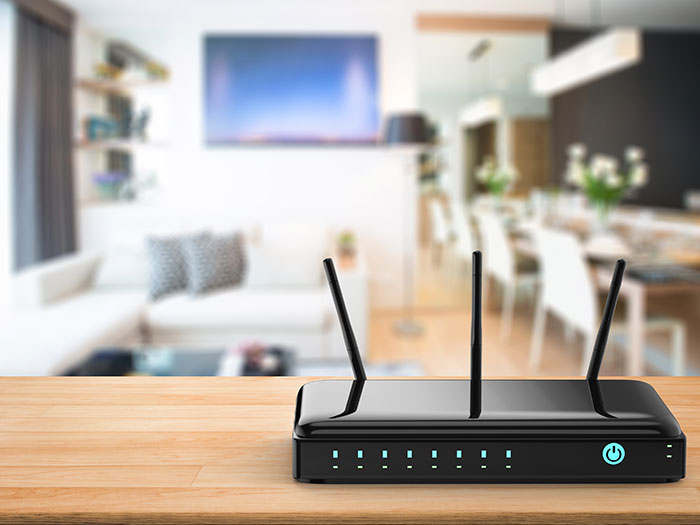Navigating the Complex Terrain of Regulatory Guidelines for Network Security in Multi-Unit Units to Guarantee Resident Safety and Information Protection
Wiki Article
Within the current world, many individuals reside in multi-unit units, including apartment buildings and condominiums. Such locations often share shared infrastructures for internet and other amenities. Although this setup can be convenient, it also brings up important questions about system safety and regulatory standards. Ensuring the security of tenants and protecting their data is essential. This article will explore the complex landscape of compliance guidelines for system safety in multi-dwelling units, emphasizing how these standards assist maintain residents secure and protected.
One of the primary regulatory guidelines that pertain to network safety is the General Information Protection Regulation (GDPR). This law is designed to safeguard individual information and privacy for individuals inside the EU Community. While it mainly applies to companies operating in Europe, its tenets can affect practices in other areas as well. For multi-dwelling buildings, adhering to GDPR requires implementing strong information protection measures. This includes making sure that tenants' personal information is gathered, stored, and processed safely. By following these standards, property administrators can assist establish trust with tenants and guarantee their information is safe from illicit access.

Another important guideline is the Health Insurance Portability and Responsibility Act (HIPAA), which protects confidential healthcare information in the healthcare sector. In multi-unit buildings, especially those that offer healthcare services or have tenants with particular health requirements, compliance with HIPAA is crucial. This requires that any health-related data gathered from residents must be kept private and protected. Property managers must make sure that their system systems are designed to avoid information breaches and unauthorized access. By doing so, they not only comply with legal obligations but also foster a secure residential space for all residents.
Alongside GDPR and HIPAA, the Credit Card Card Industry Data Protection Standard (PCI DSS) is another critical regulatory guideline. This standard is particularly relevant for multi-unit buildings that process debit card payments for lease or services. PCI DSS specifies protection measures that must be click this link now in place to protect cardholder information. This includes securing confidential information and regularly monitoring system security. By following PCI DSS guidelines, building administrators can minimize the threat of data breaches and safeguard tenants' monetary data, which is vital for maintaining their confidence and safety.
Finally, it is crucial for multi-unit buildings to stay informed on local and national regulations regarding system safety. Laws and guidelines can change, and staying informed is crucial for adherence. Building administrators should frequently review their security policies and practices to ensure they meet current requirements. This proactive approach not only helps in maintaining compliance but also improves the general safety of the network. By focusing on tenant security and information safeguarding, multi-unit buildings can establish a safe living space that fosters trust and reassurance among tenants.
In conclusion, navigating the intricate landscape of compliance standards for network security in multi-dwelling units is essential for ensuring resident safety and data protection. By understanding and implementing standards like GDPR, HIPAA, and PCI DSS, property administrators can establish a safe space for their tenants. Remaining updated about regional laws and frequently assessing safety protocols further improves this dedication to safety. In the end, a strong focus on adherence not only safeguards tenants but also fosters a feeling of belonging and confidence among multi-unit units.